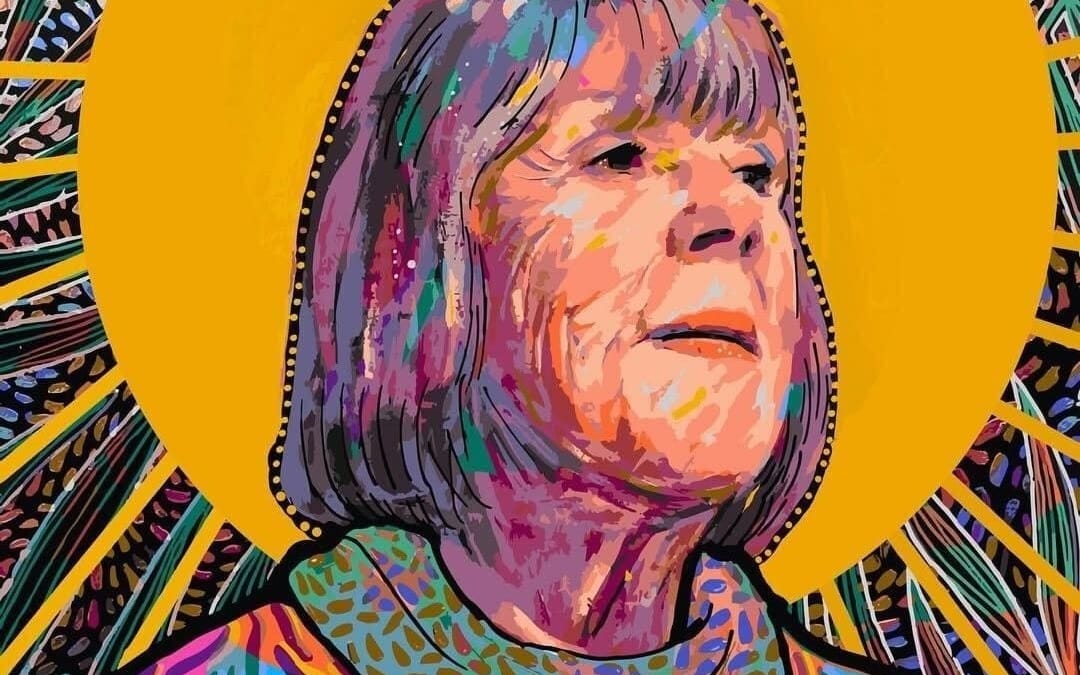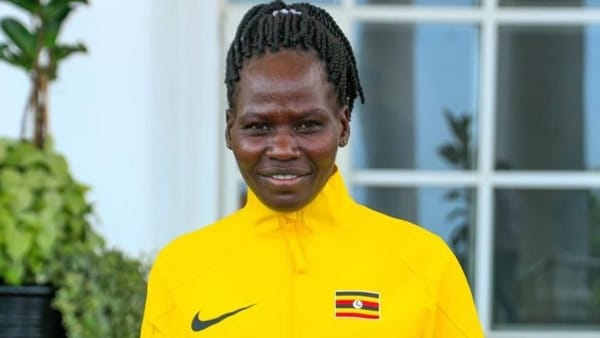The Shame is Theirs, Not Ours’: Gisèle Pelicot’s Remarkable Stand Against Rape Culture

Gisèle Pelicot’s story is one of unimaginable betrayal, but also one of defiance, courage, and an unyielding determination to expose the truth. At 72 years old, Gisèle has become a symbol of resilience, standing up against the systemic failures and cultural attitudes that allow sexual violence to thrive. Her case isn’t just a headline—it’s a rallying cry for change.
For nearly a decade, Gisèle endured horrific abuse orchestrated by her husband of 50 years, Dominique Pelicot. While she was unconscious—drugged by the man she trusted most—Dominique invited at least 83 men to rape her. He filmed these assaults and stored over 20,000 images and videos on his computer. The abuse only came to light when Dominique was arrested for attempted upskirting in 2020, leading investigators to uncover his monstrous crimes.
But Gisèle’s story doesn’t end with victimhood. She made the bold decision to waive her anonymity, insisting on a public trial that forced society to confront the reality of what had been done to her. In her words: “When you’re raped there is shame, and it’s not for us to have shame—it’s for them.” This powerful statement cuts through centuries of victim-blaming rhetoric and places responsibility exactly where it belongs: on the perpetrators.
The Verdict: Justice Served?
This week, Dominique Pelicot was sentenced to 20 years in prison—a verdict that many see as justice finally catching up with him. Alongside him, 49 other men faced trial for their roles in this calculated abuse. These weren’t shadowy figures lurking in alleyways; they were men from all walks of life—nurses, journalists, firefighters—proving once again that predators don’t fit into neat stereotypes.
While the sentencing brings some closure, it also raises pressing questions about how such atrocities could go unnoticed for so long. How did Dominique operate undetected for nearly a decade? Why did society fail Gisèle so profoundly? And perhaps most disturbingly—how many more stories like hers remain hidden?
A Cultural Reckoning
Gisèle’s case is more than just a legal battle; it’s a cultural reckoning. It forces us to confront uncomfortable truths about rape culture and complicity. The fact that so many men participated in these acts without hesitation exposes how deeply ingrained entitlement and dehumanization are in our society.
But Gisèle’s bravery has sparked something bigger: a movement. By speaking out, she has inspired countless other survivors to break their silence. Her son David said it best: “The omertà is over. We have to speak out.” And while survivors should never feel obligated to share their stories publicly, Gisèle’s decision has undeniably shifted the narrative.
Why This Matters
At FROW, we stand for forward-thinking, rebellious, opinionated women—and Gisèle embodies all of that and more. She refused to let shame define her or silence her voice. Her fight isn’t just her own; it’s for every woman who has ever been told to stay quiet or endure in silence.
This case challenges us as a society to do better—to believe survivors without question, to hold perpetrators accountable regardless of their status or profession, and to dismantle the systems that allow abuse to flourish.
Gisèle Pelicot is not just a survivor; she’s a force of nature. Her courage reminds us that even in the face of unimaginable darkness, there is power in speaking out—and that power can change the world.
If you or someone you know has been affected by sexual violence, support is available. Remember: it is never your fault, and your voice matters.






